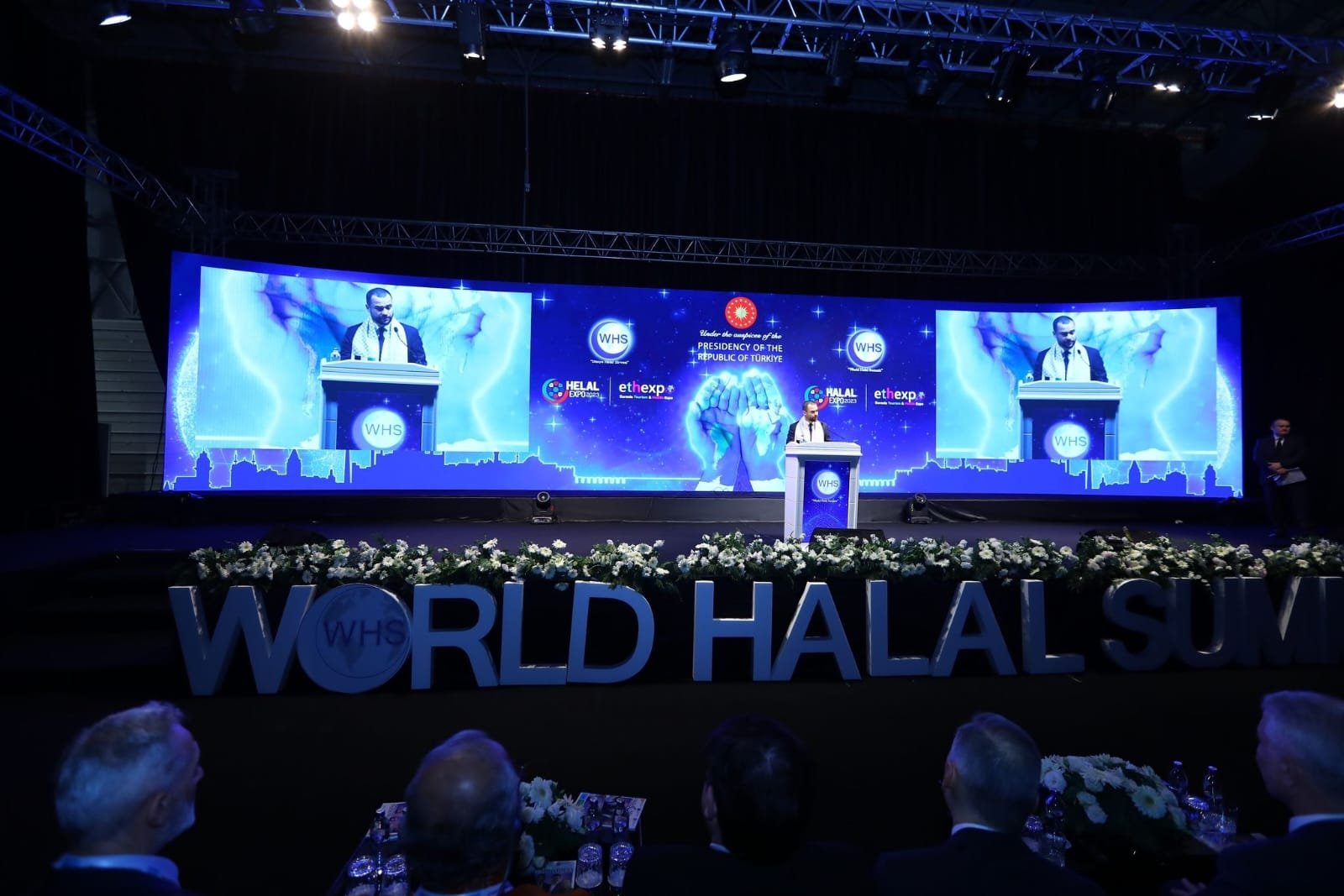 The inaugural World Halal Summit (WHS 2015), an amalgamation of one international exposition and six conferences, held its first Academic Forum session with an exciting discussion on Halal education as it currently stands, plus what can be done to develop curriculum that will prepare students for employability and for the business world.
The inaugural World Halal Summit (WHS 2015), an amalgamation of one international exposition and six conferences, held its first Academic Forum session with an exciting discussion on Halal education as it currently stands, plus what can be done to develop curriculum that will prepare students for employability and for the business world.
Though there are hundreds of institutions worldwide where one can obtain a professional qualification in Islamic Banking and Finance, currently there is comparatively little curriculum offered on the trillion-dollar Halal food sector.
Moderator of the session, Dr. Jonathan (Bilal) AJ Wilson, Postgraduate Marketing Suite Programme Director, University of Greenwich, London, UK, reveals that during his own research, there was an absence of Halal curriculum when compared to the amount of knowledge in this area and its current growth and expansion. In addressing this issue, he invited panellists to canvass what could be possible barriers to developing curriculum in this area as well as what should go into the courses if there are any designed from scratch.
One of the panellists, Dr. Marco Tieman, Adjunct Professor with Universiti Tun Abdul Razak reveals that the University incorporates Halal components into existing subjects, and suggested including lectures on Halal matters into existing courses as a way to fill the gap in Halal education. This would be more effective and quicker than designing a unique Halal course from scratch.
Prof. Pervaiz Ahmed, Director of Halal Ecosystem, Monash University, Malaysia also shared his observation that for Islamic Finance courses, there can be more non-Muslim students than that of Muslims. “They are interested in knowing what the Islamic space is all about whereas the Muslim students think they know everything,” he said.
With current focus on the Islamic world and Halal education not limited to just Muslims, all panellists agreed that Halal education and its curricula could be designed for both Muslims and non-Muslims alike.
As Halal research, education and training continue to be the most fertile areas of growth, educational institutions and the faculties themselves are aware that they can advance this area and do more to tap into its potential.
“There are local Malaysian institutions that offer degrees with Halal specialties, such as Universiti Teknologi MARA (UiTM) and Universiti Malaysia Pahang. Those who are interested also have the option to pursue short courses before moving onto intermediate and advanced programs,” said Prof. Dr. Faridah Hassan, Director of iHalal Management and Science, UiTM.
It was agreed that a Halal curriculum has the potential to groom students to be more employable and enter a wider range of career fields upon completion. Not just limited to food sciences, courses can be cross-disciplinary to include liberal arts, philosophy, science, IT, marketing, psychology, education, auditing and much more. Dr. Jonathan qualified this by saying that the curricula have to be cross-disciplinary that encourages healthy debate while celebrating the beauty of Islam.
As there are still these gaps in tertiary and professional qualification levels, it has been agreed that there is much more room for Halal education to grow.



